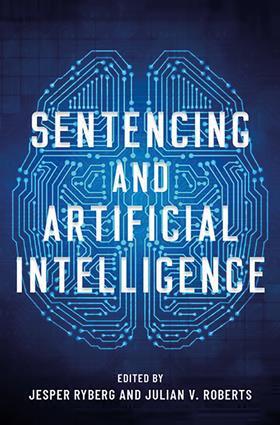Competition and Antitrust Law: A Very Short Introduction
Ariel Ezrachi
£8.99, OUP
★★★★★
This book looks at the political and economic realities underlying competition and antitrust law in western-style democracies. It also addresses, in straightforward and well-articulated terms, the role of law in fulfilling both domestic and international objectives of competition policy. Drawing heavily on US and EU legislation and case studies, Ezrachi deals concisely but comprehensively with key topics, such as ‘The fight against cartels’, and ‘Monopolies and the abuse of market power’.
The book’s pocket-size format, informative contents page and chapter headings, and useful references and index sections, as well as clear sub-headings and illustrative diagrams, all help busy readers find what they need quickly. The short chapters mean that readers can get to grips with the subject matter in bite-sized chunks.
The introduction sets the book’s practical tone, by focusing on the way in which consumers and others are affected by competition policy in their everyday lives. This volume’s 11 chapters – dealing with ‘markets’ and how they can be distorted by competition and antitrust law-related issues – take the reader in a logical way through the impacts of competition policy on society and individuals.
For the lawyer, the focus on the nuanced and somewhat different approaches of US and EU law to the book’s subject matter (backed by numerous examples of case law) is very informative. While there are some references to UK law, hopefully this is an area that might be expanded upon in a subsequent edition as the UK develops more of its own case law post-Brexit. The impact of competition law on business is an ever-present theme.
The book’s last chapter is entitled ‘Final reflections’ and contains some very interesting musings from a writer who clearly knows his subject. Ezrachi discusses the future role of competition policy in a rapidly changing world, taking account of the growth of digital markets and also the effect of the Covid-19 pandemic on many aspects of life.
David Glass is a consultant solicitor at Excello Law Limited
Sentencing and Artificial Intelligence
Jesper Ryberg and Julian V. Roberts
£64, OUP
★★★★✩

The authors bring together experts in criminal justice, philosophy and law to consider important ethical and theoretical aspects of determining legal punishment through algorithms. While the advent of such a system could save significant resources and increase consistency across jurisdictions, it could also reproduce historical biases, reduce transparency in decision-making, and undermine trust in the justice system. In considering the fairness of algorithmic sentencing decisions, this book offers useful insights into the future of sentencing.
































No comments yet